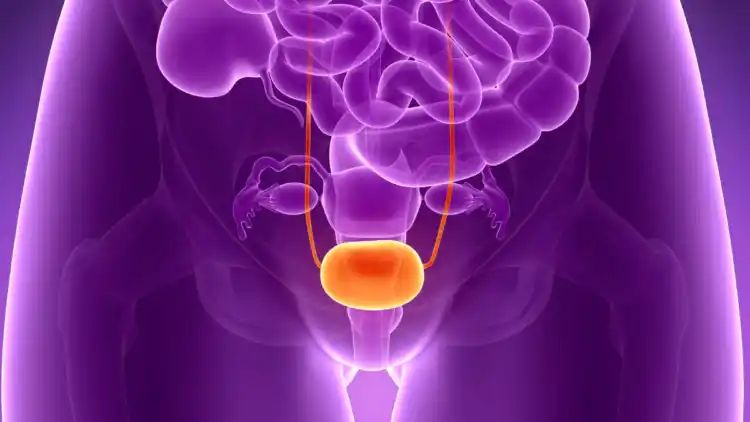Want to keep your bladder healthy and happy? Include these foods in your diet without any delay

The food and beverages you consume can impact your bladder. If you are susceptible to urinary tract infections or have a sensitive, overactive bladder, you may have noticed that specific foods can exacerbate your symptoms.
According to Dr Jitendra Sakharani, Urologist, at Apollo Spectra Mumbai, it’s important to recognise that there are also foods that can have a positive impact. It’s beneficial for everyone to be mindful of their bladder health, regardless of whether they currently experience bladder issues. Eat these foods to maintain good bladder health.
- Pears are among the recommended fruits for promoting bladder health due to their high fibre content and malic acid which may help prevent urinary tract stones. They provide vitamin C which is linked to a calmer bladder and reduced urgency in needing to use the restroom.
- Berries such as strawberries, raspberries, blueberries, and cranberries are rich in flavonols and vitamin C which fight bacteria. They also have a high water content that can help to flush out the bladder.
- Whole grains such as brown rice, quinoa, and barley in your diet can contribute to maintaining a healthy bladder.
- Oats are a valuable source of fibre, which is crucial for maintaining bladder health by preventing constipation and reducing pressure on the bladder. They can also help alleviate bladder pain associated with conditions such as cystitis.
- Nuts are another beneficial food for the bladder due to their high protein, fibre, and essential nutrient content. Almonds, cashews, peanuts, and sunflower seeds are particularly good choices for bladder health.
- Garlic extract has demonstrated its ability to combat drug-resistant urinary tract infections. It is recommended to incorporate garlic into meals, whether in the form of fresh cloves or dried, minced garlic.
- Green beans help to keep the body properly hydrated, promoting healthy urinary function and lowering the likelihood of urinary tract infections (UTIs).





